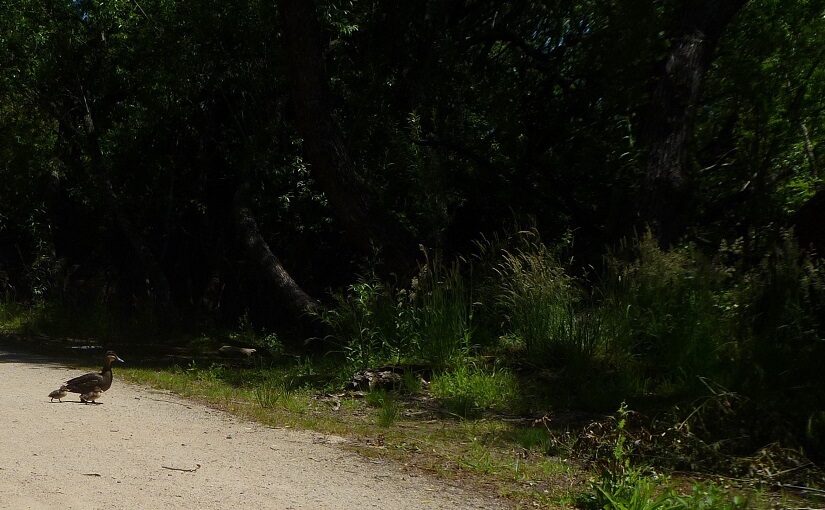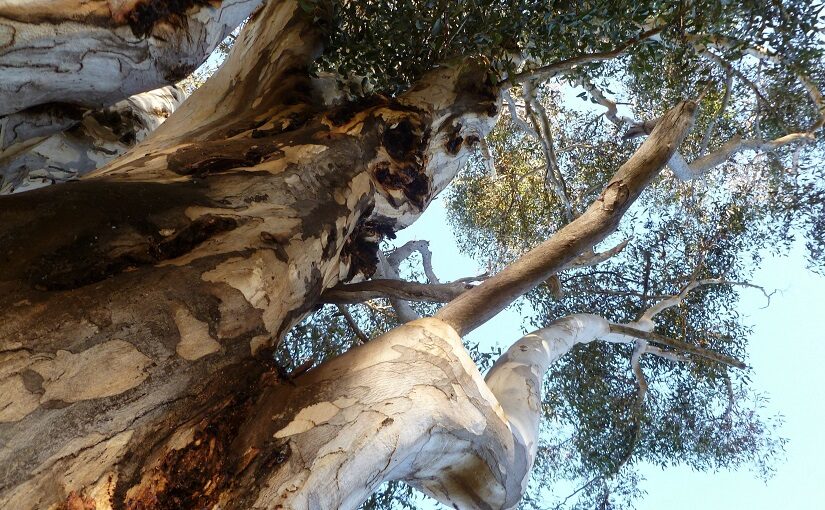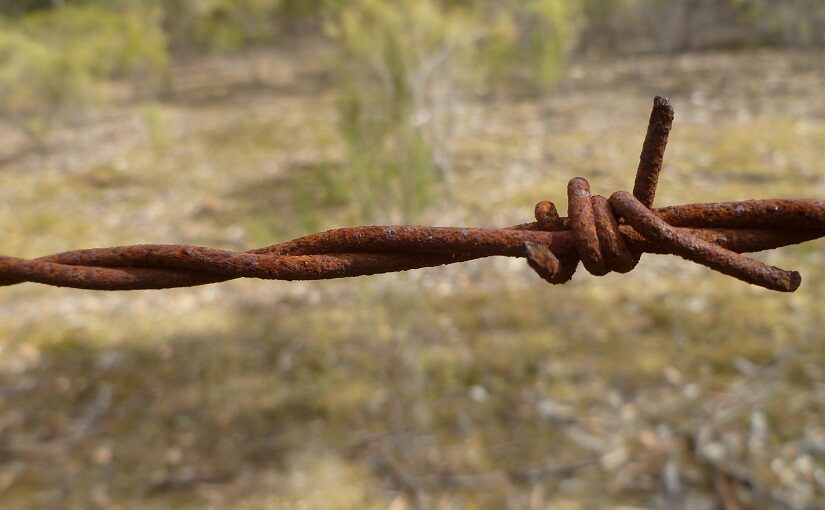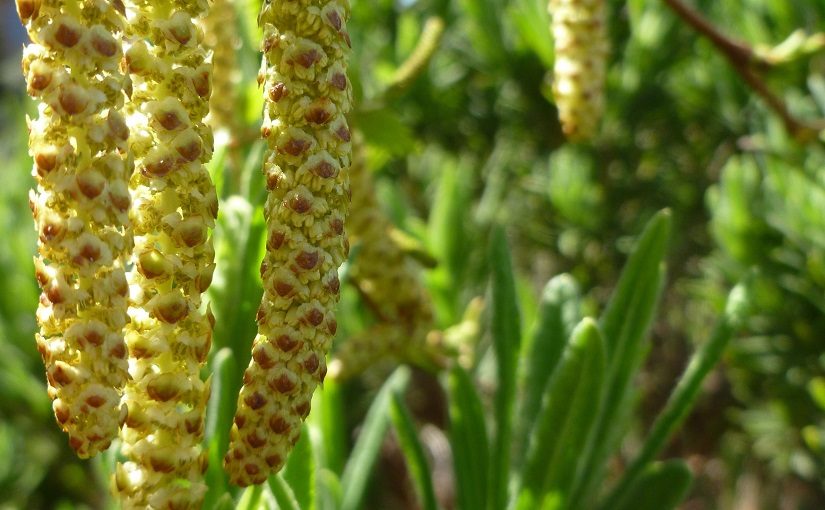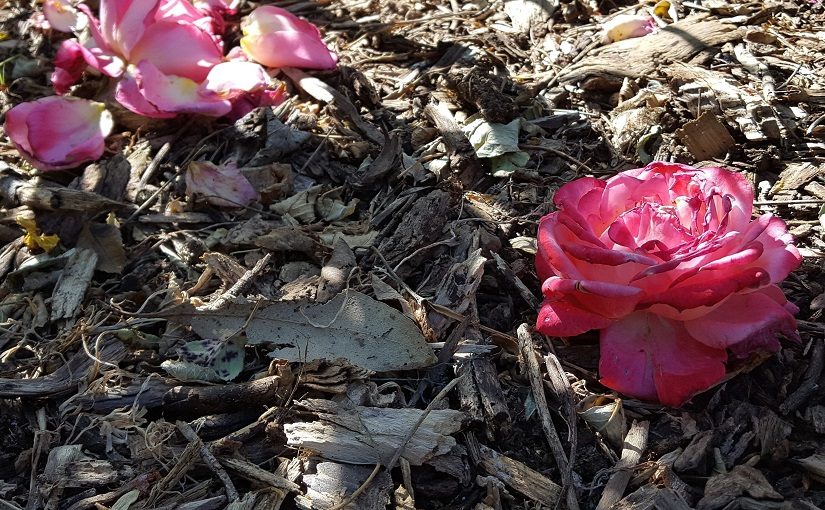When it comes to other people, which version of who they are gets to live? Don’t we all have quite different ways of being human? Different attributes, priorities or interests in terms of what matters most and what life is “for us”. We’re all so unique, so unprecedented in the experiences that’ve formed us and conclusions they’ve led us towards (Notes One). Yet, don’t we tend to judge one another on quite simple terms?
For some, it seems “life” is relationship: all we can create, tend or support in the ties we forge with others. As if “that’s” where life happens and one of the most important areas to focus our efforts. For others, action in the world seems more pressing: the roles we play and changes we help bring about in our surroundings. Others, perhaps, live more in life’s meaning and understanding the nature of existence.
Aren’t there many ways to be human? We might focus on what’s inside or outside: the qualities of our personality or the nature of our external appearance. We might be more concerned by the systemic, the conceptual, the ethical, the economic or the personal. We might be burdened by personal experiences and perspectives or freely give ourselves over to the lives and interests of others.
How, then, are we to relate to anyone else? Are we to evaluate their lives against our own ideas of it? Comparing “who they are” to “who we are”, noting all the differences, and feeling we can’t get along. Almost as if different ways of being human might make us incompatible – intolerant of the idea that anyone might live in the world differently. Anybody not reflecting “our” choices, we perhaps reject or attempt to change. (Notes Two)
Alternatively, do we suspend the self and allow this other version of “human” to come to life in our mind? Taking the time to listen; to hear how they see things; to appreciate all the endless differences in how we might live. Rather than compete and compare, might we not simply allow? Let go of our own ideas or assumptions to imagine life through the lens of another brain, another heart, another being.
What would it mean to do that? To suspend judgement and allow others to be, not our version of them, but theirs. Wouldn’t that light of non-judgemental interest and acceptance be nice? Especially if it were mutual. If, instead of competing for the chance to talk or be heard, we gave each other the space to be who or how “they” are. Even if that’s flawed, imperfect, struggling or stuck. (Notes Three)
Sometimes it just seems “a shame” that we don’t have the time to get to know all these different ways of being. That life’s so pressured we, perhaps naturally, drift towards those “like us” and set up self-reflexive camp “there”. What are we missing out on when we see others mainly through our eyes and never theirs? Why is it we’re tending to insist on ourselves?
Notes and References:
Note 1: Complication of being human
Note 1: Joining the dots
Note 1: The way to be
Note 1: Seeing, knowing and loving
Note 1: Tempting justifications of self
Note 2: Modern challenges to relationship
Note 2: Humans, judgement & shutting down
Note 2: Absolute or relative value
Note 2: Treading carefully in the lives of others
Note 2: Frameworks of how we relate
Note 3: Conversation as revelation
Note 3: This thing called love
Note 3: Can there be beauty in communication?
Note 3: Places of belonging & acceptance
Note 3: Going towards the unknown


